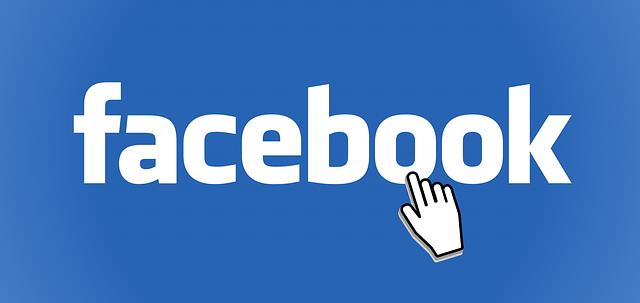You Won’t Believe What Facebook is Trying to Ban! (It’s Clickbait)

We can all pretty much agree clickbait is the worst. There’s nothing as annoying as clicking a misleading headline only to be taken to a poorly made website, usually covered in ads, and filled with bad copy. Thankfully, Facebook is trying to put an end to clickbait with new changes to their ranking algorithm.
After reviewing tens of thousands of articles and headlines, a team at Facebook built a system they believe will block huge amounts of clickbait by targeting common phrases. According to Facebook, the system works similarly to an email spam filter but for the News Feed.
The social network specifically defines clickbait as headlines that withhold information or exaggerate to create misleading expectations. That means headlines like “You’ll Never Believe Who Tripped and Fell on the Red Carpet or “Apples are Actually Bad For You?!” won’t be able to cheaply rack up clicks.
We’ve heard from people that they specifically want to see fewer stories with clickbait headlines or link titles. These are headlines that intentionally leave out crucial information, or mislead people, forcing people to click to find out the answer. For example: “When She Looked Under Her Couch Cushions And Saw THIS… I Was SHOCKED!”; “He Put Garlic In His Shoes Before Going To Bed And What Happens Next Is Hard To Believe”; or “The Dog Barked At The Deliveryman And His Reaction Was Priceless.”
For most Facebook brands and publishers, this is good news. You won’t have to compete with sites that use cheap methods to rack up clicks and shares without creating compelling content. However, if you’ve been using clickbaity headlines, you may be in for trouble.
In the coming weeks, brands that are guilty of using clickbait will see their news feed visibility decrease substantially. If you want to avoid this, Facebook says to put more effort into your headlines and share content people want to read.
This isn’t the first time Facebook has taken efforts against clickbait. Back in 2014, the company released a similar update designed to cut out clickbait by measuring how long people stayed on a site before returning to Facebook. It also compared click-through rate and engagement rate to determine if content was actually high-quality.





Leave a Reply
Want to join the discussion?Feel free to contribute!